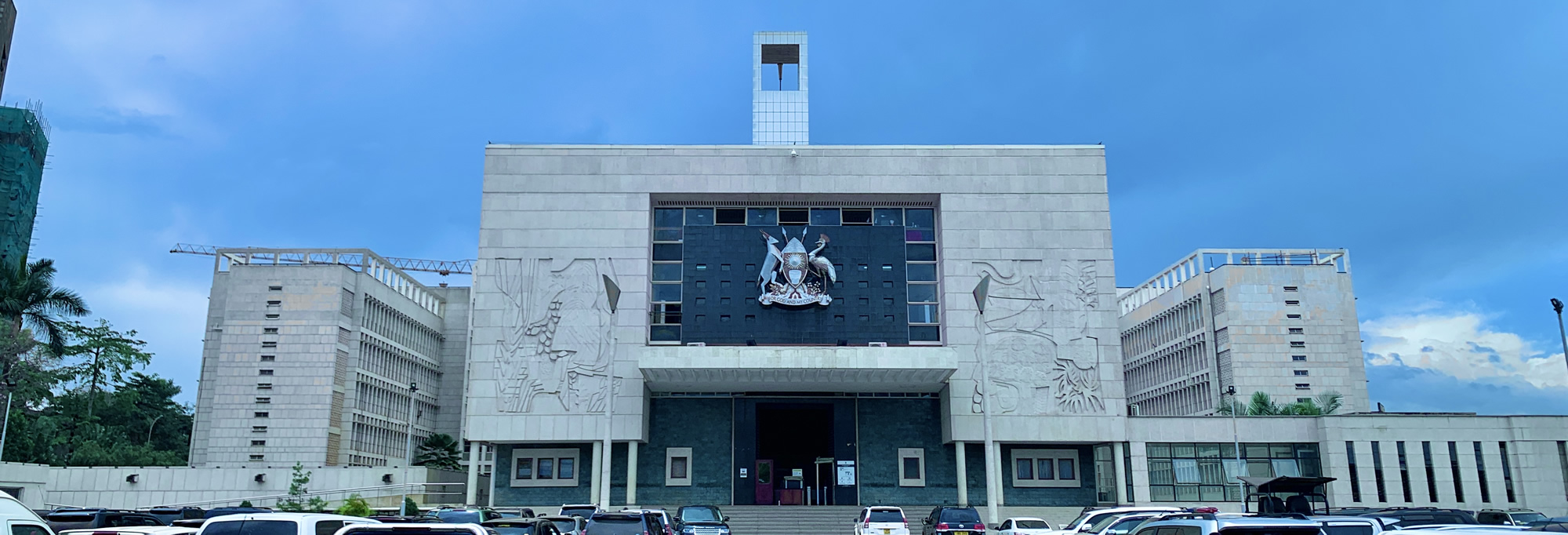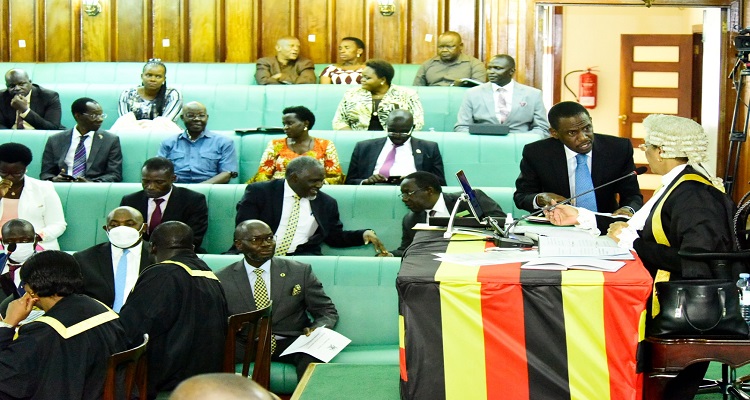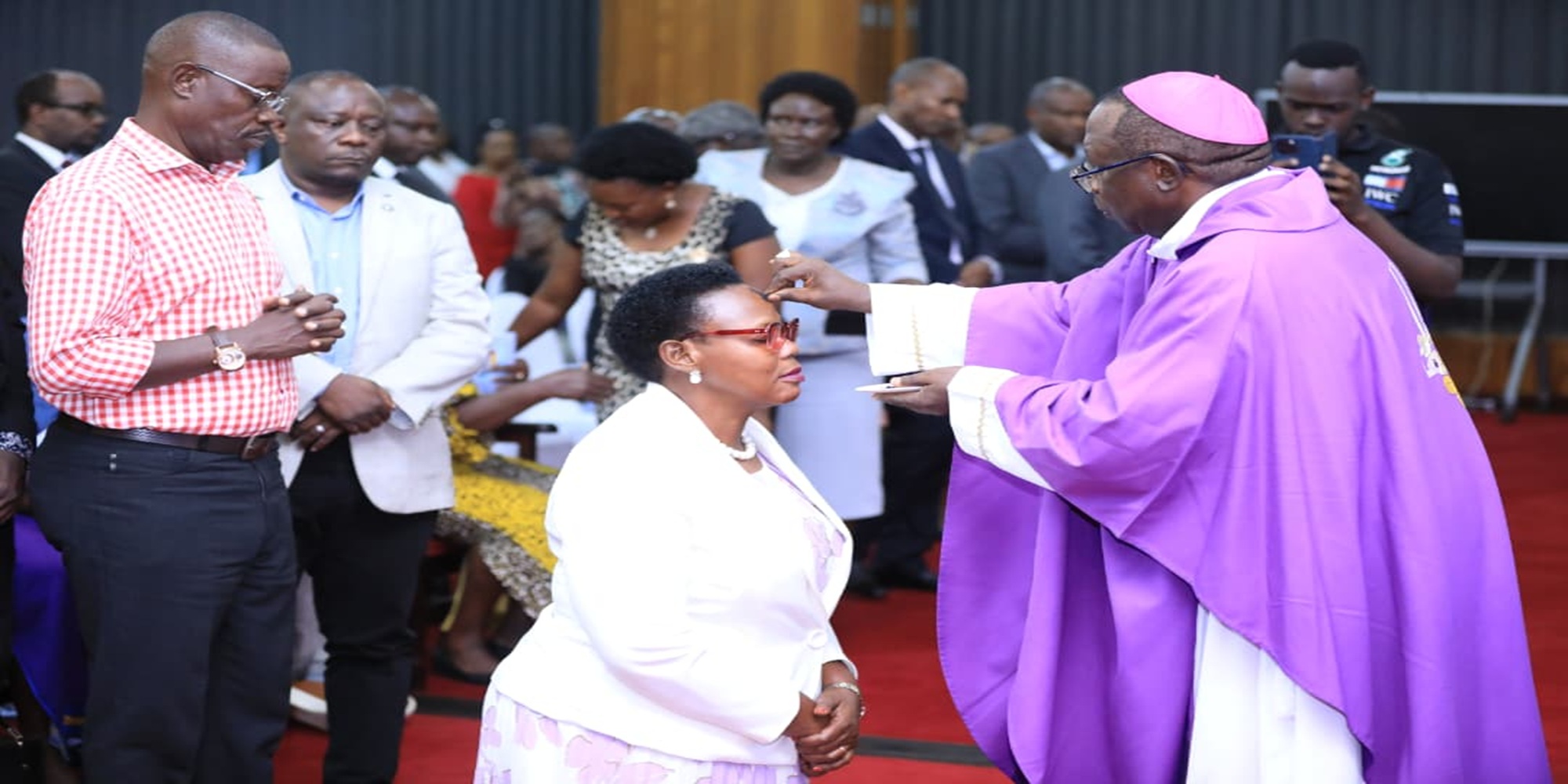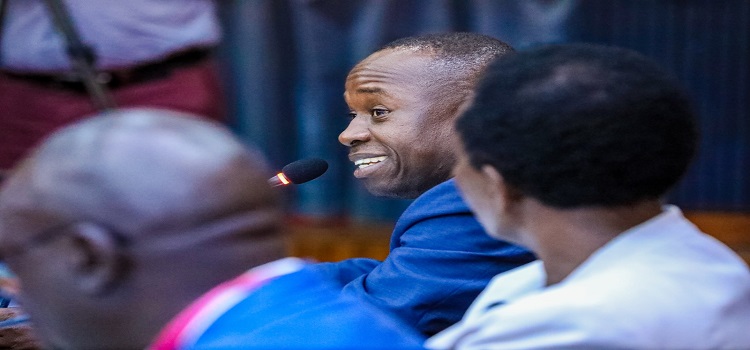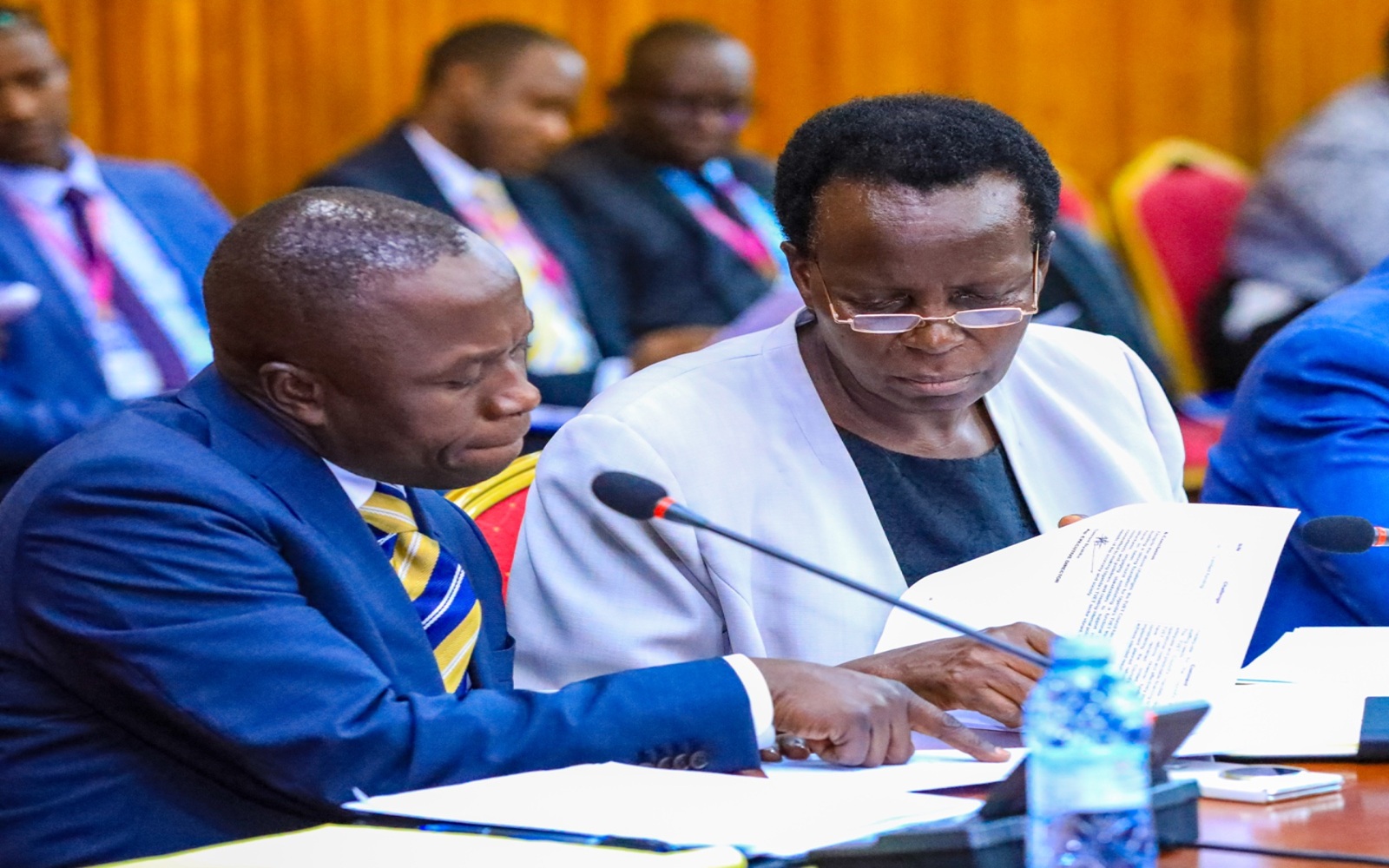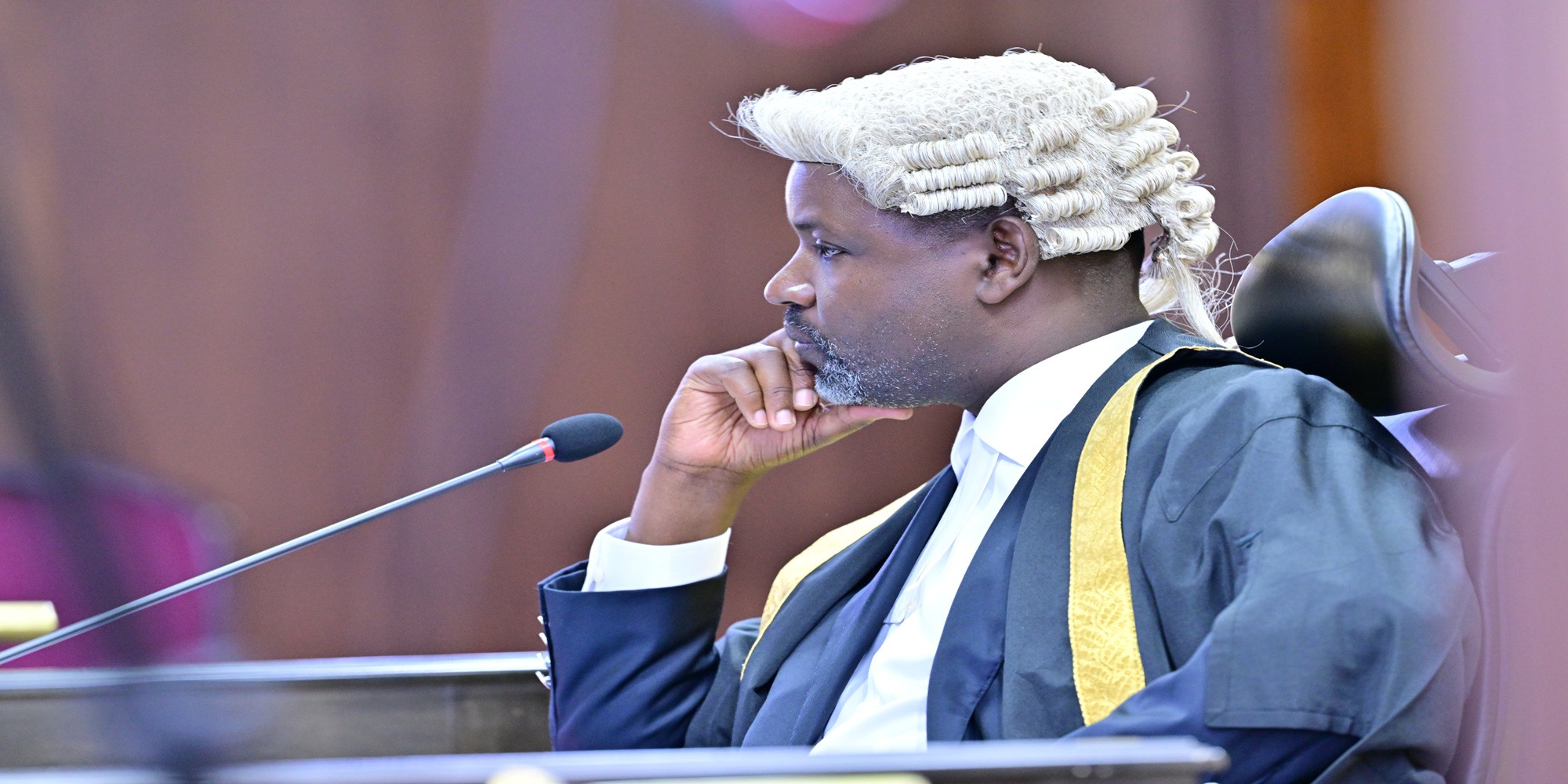Parliament has deferred debate on the National Local Content Bill, 2022 pending harmonization between the mover of the bill, Hon. Patrick Oshabe, the Attorney General and the Committee on Finance.
In a sitting of the House chaired by the Speaker, Anita Among on Wednesday, 22 March 2022, the Leader of the Opposition, Hon. Mathias Mpuuga called for adjournment of debate on the Bill to consider areas of dissent raised by the Attorney General.
“One of the issues the Attorney General raised is that the drafting is not complaint with basic standards of drafting and that he was not consulted. We do not want him to come here and frustrate the member,” Mpuuga said.
The Government Chief Whip, Hon. Hamson Obua briefed the House of the Attorney General's absence.
“The Attorney General was present and we thought that he would lead us when we move to committee stage but he has been summoned by a higher authority for an important meeting,” said Obua.
Legislators, however, maintained the position that Government's Legal Advisor should be present in the House throughout the consideration of the Bill.
Hon. Santa Alum (UPC, Oyam District) said that other East African partner states have legal local content provisions which she said would affect Uganda on harmonization, if its own law is not well effected.
“We do not want the Attorney General to come and say the Bill was debated in his absence without giving a legal opinion,” she added.
Hon. Joseph Ssewungu (NUP, Kalungu West County) said deferment of consideration of the Bill would give MPs an occasion to comprehend the recommendations in the committee report.
“This Bill has a number of legislations. We have heard of Acts from Tanzania, Kenya and Rwanda. When the Attorney General comes in, we can move in tandem to process this Bill for the betterment of this country,” Ssewungu said.
The committee scrutinized clause 4 of the Bill on preferential treatment to Ugandan goods, works and services, which the President said is contrary to the East African Community Protocol on free movement of goods and services and the East African Monetary Union.
The committee observed that there are certain local content obligations contained in a number of laws including the minerals law, oil and gas laws of Kenya, Tanzania, Rwanda and South Sudan.
“When the local content laws are being harmonized, only existing laws can be harmonized. If Uganda has no existing law at the time of harmonization, it will have to recognize the local content laws for other jurisdictions but cannot introduce a local content law at that time,” reads the committee report in part.
The committee also observed that the proposed Bill does not prohibit free movement of goods from other EAC partner states, but rather seeks to give preference to Ugandan goods during public procurements.
On 01 March 2023, Speaker Among told the House that the President had returned the bill for reconsideration.
The President said that section 1(c) should only apply to matters of public sector procurement matters.
The section states that the Local Content Bill, if assented to would apply to the Mining Act, Electricity Act, Uganda Tourism Act and investment licensing incentives, which Acts already have provisions on local content.
The President listed Section 1(g) and Section 26 that require government's internally and externally acquired resources to comply with local content obligations, which he noted are not practical.
This, the President said, will lead to inefficiency and poor service delivery.
“Procurement reforms decentralised procurement to increase efficiency. Accounting officers should be given a discretion to procure services from companies with the required standards,” he said.
